How To Fix Health Class
Description
You’re listening to Burnt Toast! Today, my guest is Denise Hamburger, founder and director of Be Real USA.
Be Real is a nonprofit that imagines a world where every child can grow up with a healthy relationship to food and their body. They work with body image researchers, psychologists, teachers and public health officials to design curricula about nutrition and body image that are weight neutral, and inclusive of all genders, abilities, races and body sizes.
So many of you reach out to me every September to say, “Oh my God, you're not going to believe what my kid is learning in health class.”
Food logs, fitness trackers, other diet tools are far too common in our classrooms— especially in middle and high school health class. Denise is here to help us understand why those assignments are so harmful and talk about what parents and educators can do differently.
This episode is free — so please, share it with the parents, teachers and school administrators in your communities!
But if you value this conversation, consider supporting our work with a paid subscription. Burnt Toast is 100% reader- and listener-supported. We literally can’t do this without you.
PS. You can always listen to this pod right here in your email, where you’ll also receive full transcripts (edited and condensed for clarity). But please also follow us in Apple Podcasts, Spotify, Stitcher, and/or Pocket Casts! And if you enjoy today’s conversation, please tap the heart on this post — likes are one of the biggest drivers of traffic from Substack’s Notes, so that’s a super easy, free way to support the show!
Two Resources You’ll Want From This Episode:
BeReal Let’s Eat Curriculum is attached.
And here’s a roundup of everything I’ve written on diet culture in schools:
Episode 211 Transcript
Denise
Well, this all started I would say about 10 years ago. Actually, about 12 years ago. I was an environmental lawyer in my first career—that's what I'm trained to do. I went to law school, was practicing in big law firms. Which has nothing to do with body image, except I was an environmental lawyer who weighed herself every day and got her mood affected by the number on the scale for 40 years. So that's four decades.
Virginia
So many times getting on a scale.
Denise
I really felt like I didn’t want anyone else, especially young women today, to waste the amount of time and energy that I had wasted distracting them from what they need to be doing in their lives, figuring out their own person possibilities. That’s really what you’re here to do. And it takes us away from what we’re supposed to be doing.
With that in mind, I went back to school at the University of Chicago, and I was thinking of get a social work degree and doing something with body image. But then I wrote a paper on my own body image for one of my classes at the School of Social Work and I found 50 years of research on body image. And then 30 years of discussion and research on how to prevent eating disorders and body dissatisfaction. Like, wow, there is so much out there, so much research on this. But I haven’t heard any of this. It feels like it’s not making its way into resources that people can use.
So I started speaking on it, and I was speaking to middle-aged women, and I thought the message that we all would really benefit from would be everybody’s got this. Because I feel like, especially my generation, where we didn’t really talk about how we felt about our bodies. I’m at the tail end of the Baby Boom. So I’m 62 and I felt that people in my generation—again, I was 50 at the time—weren’t in touch with their own feelings on body image. After talking about this for so many years, younger generations have access to it I think a lot more. But I felt like we could all benefit from knowing that everybody’s got it—so kind of a common humanity. It’s not our fault, which helps with the shame around it.
So everyone has it, it’s not our fault, and society has given it to us. And I think that this is something that would resonate with my generation. So I started speaking in local libraries and community houses to women my age, and quickly learned that it is really hard to undo decades worth of thought patterns and feelings around food, body and eating. People came to hear me talk about body image, and I think, in general, when I started out, they were hoping I had a new diet.
Virginia
Oh, I’m sure they were. I’m sure they were like, “Oh, we’re going to go hear her talk about how to love your body by making it smaller!”
Denise
Absolutely. And all of the women, because they were women in my workshops, were starting to talk about their daughters. They’re saying that my daughter’s got this, and she’s coming home and saying this. Then in one of my audiences, I had a health teacher at my local high school. There was a health teacher who came and said—this is about 2015—you should hear what the young girls are saying. They’ve got this new thing called Instagram and and they’re seeing pictures of, “perfect” looking people and feeling bad about themselves or feeling flawed in comparison.
So she said, “What resources are there for for the students in my class?” And I said, there has got to be something because there is 50 years’ of research there, there has got to be something fabulous for you. And I called the professors listed on the the studies. The granddaddy of the industry, Michael Levine, I called him up. I said, “Michael, just tell me, what can I recommend to these teachers?” And he’s like, “I don’t know. I don’t know. We don’t have it. It’s not there. Even though the research is there.”
So there was a curriculum created for high risk kids. It needed to be given by facilitators called The Body Project. And I called one of the professors who wrote The Body Project and said, “Listen, I’d like to give this tool to a teacher for universal,” which means giving it to everybody in the classroom, and and she wants to bring it to her high school, but it looks like you need to be trained. And it was a script. The Body Project was a script. And this teacher said to me, I’m not reading a script in a classroom. You’re not going to get a high school teacher to read a script.
Virginia
Yeah. I would imagine high school students sitting in a classroom aren’t going to respond to someone just reading a script at them.
Denise
Nobody wants to hear it. It’s not useful. It wasn’t created for that use. So this professor, Carolyn Becker, had actually written a paper on how the academics need to work with stakeholders to make sure that their research makes it to the public. And I said, I’m calling you. I’m a stakeholder. What do you need? And she said, “We need somebody to translate it.” And I said, “I’m your girl.”
Virginia
I mean, it’s wild that the research has been there. We’ve known what works, or what strategies to use for so long, and yet it’s not in the pedagogy, it’s not in the classrooms.
So you started with the body image curriculum, BodyKind. And now this year, you’ve just released your weight neutral nutrition curriculum for middle and high school students, called Let’s Eat.
Full disclosure: I got to be a early reader of the of the curriculum and offer a few notes. It was already amazing when I read it.
Denise
Thank you.
Virginia
I did not have to add a lot at any by any means, but it was really cool to see the development process, and see where you ended up with it. It’s really remarkable.
So let’s start by talking about why nutrition. You’ve done the body image thing, that’s really powerful. Why was nutrition the next logical place to go?
Denise
I have spoken at this point to probably 10,000 teachers. And they’re always asking me, what nutrition curriculum do you recommend? Same deal. There’s not one out there
And I had asked one of my interns to give me her textbook on it, like what are you learning about nutrition? And in my intern’s textbook, it was 2018, you saw encapsulated the entire problem of what’s wrong with nutrition curriculum.
They are asking the children to weigh and measure themselves, and they’re asking the children to count calories in different ways, and to track their food. Food logs. Again, these were best practices in the 90s and and 2000s

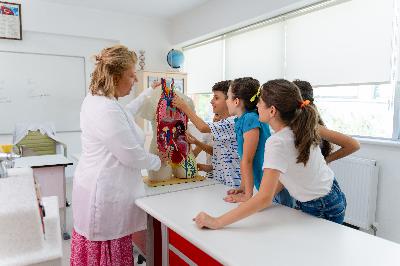
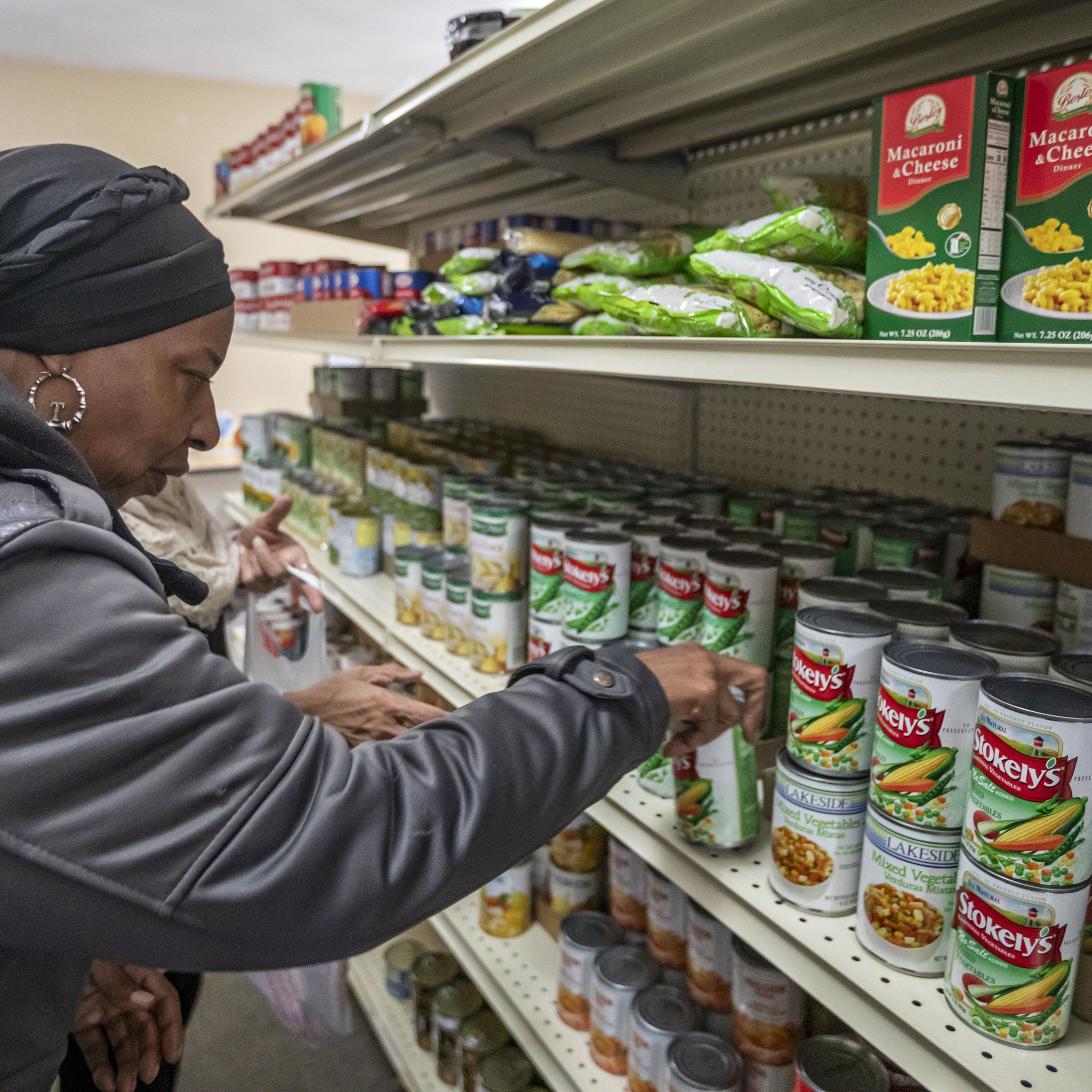
![[PREVIEW] Hot People Problems [PREVIEW] Hot People Problems](https://s3.castbox.fm/be/58/d7/afefd29f8a3939fef5429ea7fd9a7cbe6a_scaled_v1_400.jpg)
![[PREVIEW] Are Standing Pants Different from Sitting Pants? [PREVIEW] Are Standing Pants Different from Sitting Pants?](https://s3.castbox.fm/be/2c/0c/f737b964d5f27610acbbd373a16c29a78e_scaled_v1_400.jpg)
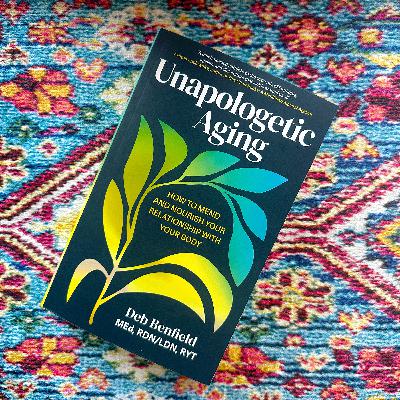
![[PREVIEW] How Much Did You Pay Your Pumpkin Stylist? [PREVIEW] How Much Did You Pay Your Pumpkin Stylist?](https://s3.castbox.fm/fe/3d/c0/dd8784a5450c5e085b6336501f2ac0f261_scaled_v1_400.jpg)

![[PREVIEW] Can A Body Acceptance Advocate Work for Weight Watchers? [PREVIEW] Can A Body Acceptance Advocate Work for Weight Watchers?](https://s3.castbox.fm/ce/6e/f2/62fdccc162b0b6bc777b5875f2c6d64cfa_scaled_v1_400.jpg)
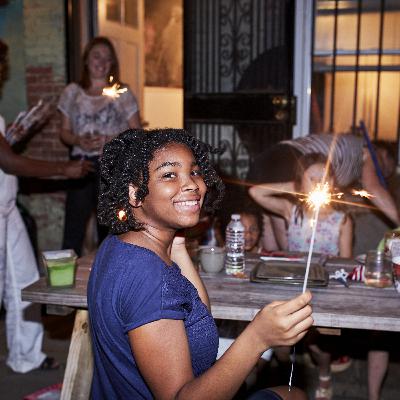
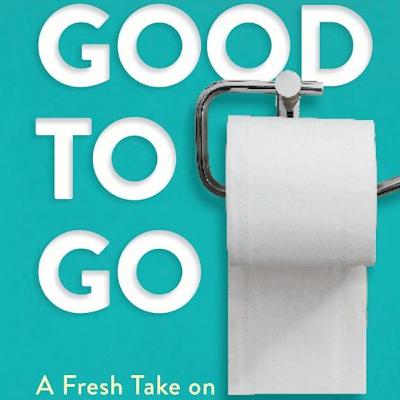
![[PREVIEW] Not Trying to Be Hot 25-Year-Olds [PREVIEW] Not Trying to Be Hot 25-Year-Olds](https://s3.castbox.fm/1c/8e/70/adb41c046a3fe07dc045af139e24fdcf89_scaled_v1_400.jpg)
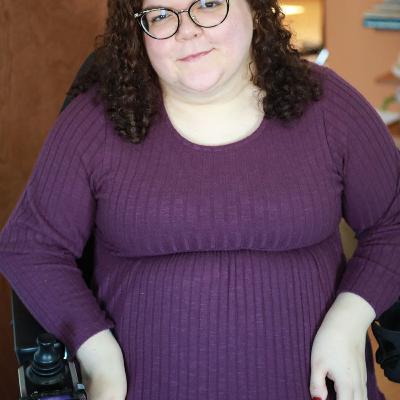
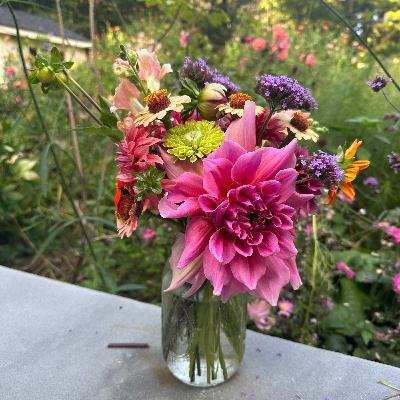
![[PREVIEW] Is Back To School A Diet? [PREVIEW] Is Back To School A Diet?](https://s3.castbox.fm/29/4e/50/fbf3f4de138a90fdd48db11f2d64935074_scaled_v1_400.jpg)

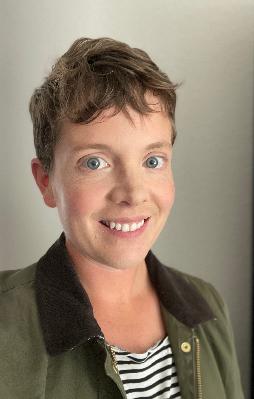
![[PREVIEW] The Mel Robbins Cult of High Fives [PREVIEW] The Mel Robbins Cult of High Fives](https://c10.patreonusercontent.com/4/patreon-media/p/post/140044903/63d8db77f7bf4ae6adc056b196ba3c37/eyJkIjo3MiwiaCI6MzAwMCwic3RyaXBfYWxwaGEiOjEsInciOjMwMDAsIndlYnAiOjB9/1.jpg?token-hash=_lgawLhrnuO4p0kAmMk8Wmg8kk1uHDzmHglZCAmOM1I%3D)
![[PREVIEW] When Parenting Influencers Slide to the Right [PREVIEW] When Parenting Influencers Slide to the Right](https://s3.castbox.fm/1a/37/0c/e4a5f3b307c64e00ce970d9cb6eb9d171d_scaled_v1_400.jpg)
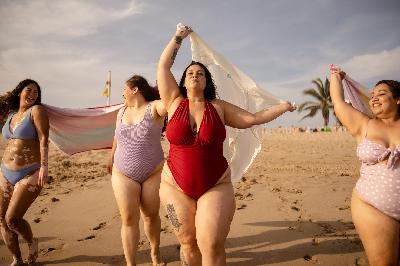
![[PREVIEW] Those Pants Don't Deserve You [PREVIEW] Those Pants Don't Deserve You](https://s3.castbox.fm/e8/55/73/160aa97d85aa018717bd9a8867a20a8572_scaled_v1_400.jpg)



